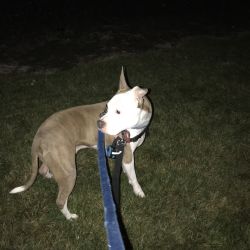Origins and Temperament
Hailing from Russia, the Black Russian Terrier was originally bred as a working dog—capable of the most strenuous tasks with a robust constitution. These dogs are known for their courage, confidence, and intelligence, making them excellent protectors and family companions. Given their strong-willed nature, Black Russian Terriers thrive on consistent leadership and clear communication. When traveling, their commanding presence and protective instincts should be taken into account, ensuring they're handled with assertiveness and understanding.
Size and Physical Needs
Black Russian Terriers are large, with males typically standing 27-30 inches at the shoulder and females slightly shorter. They benefit from regular exercise to maintain their muscular physique and mental well-being. Due to their size and activity level, ample space and frequent stops are essential for their comfort during transport. Their thick, coarse coat also requires considerations for temperature control to prevent overheating or undue cold exposure.
Common Health Considerations
While sturdy, the breed can be prone to hip dysplasia, heart issues, and certain eye conditions. Before transport, secure a health certificate and ensure vaccinations are up to date. Take note of any travel-specific preventative measures, such as flea and tick treatments, to avoid complications on the road.
















